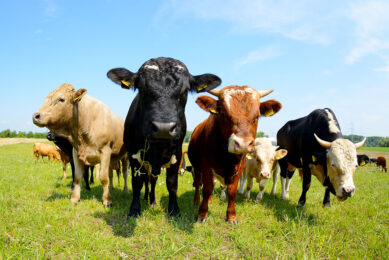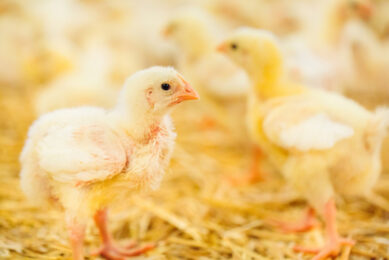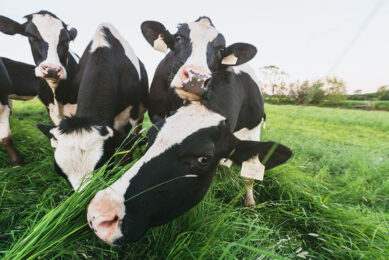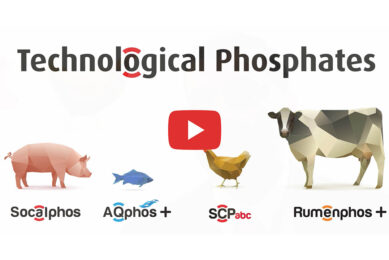Mineral leaching: a problem in aquaculture?
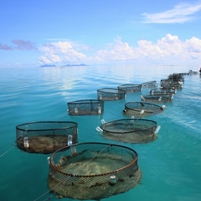
Mineral leaching from faeces, excess feed and chemical compounds from aquaculture sites may cause negative impacts on the environment. However, growing awareness can assist the industry to avert potential risk. In the latest Feed Mix, Santosh Lall* explains the current situation.
As
most fish species and shrimps are raised in cages in the open sea or in ponds,
fecal and feed waste (containing high levels of minerals) accumulate at the
bottom of net-pens and flow directly in the aquatic environment. This leaching
of minerals has a direct effect on the mineral concentrations of the ecosystem
and may have a negative effect on the animals and plants living near these
cages. The excessive minerals stimulate phytoplankton production and increase
oxygen demand. Such nutrient enrichments also have
the potential to stimulate the development of macro-algal beds and to influence
organisms that live near seabeds.
Too high concentration in
diet
Although several nutritional strategies are in
place to reduce organic and inorganic enrichment of recipient waters, fish feeds
contain trace elements at a higher concentration than required due to limited
information on their requirement and bioavailability from feed ingredients. In
order to minimize the adverse effects of trace elements on benthic organisms,
particularly in their reproduction, recruitment success and survival, there is a
need to develop proper models based on mineral bioavailability, feed consumption
and excretion, water current and flow and other environmental factors.
The necessity to increase research efforts to
better define the dietary requirements of trace elements of major concern
particularly for zinc, iron, copper and manganese as well as measure their
bioavailability and retention in the body of fish is obvious. The best option
for now is to minimize zinc, iron, copper, cadmium and manganese concentrations
in feeds and to consider use of highly available forms of inorganic and organic
trace elements in supplements.
*Dr. Santosh Lall is a Group Leader of
Aquatic Animal Health & Nutrition at the Institute for Marine Biosciences of
the National Research Council of Canada, Halifax, Nova Scotia. He is also an
adjunct professor at Dalhousie University, Halifax and Atlantic Veterinary
College, University of Prince Edward Island, Charlottetown. Dr. Lall received
his MSc. and Ph D. degree in Nutrition from the University of Guelph, Canada.
The full article can be read in Feed Mix 16.4. Not a
subscriber yet, please click here to subscribe or to sign up for a free sample
copy.
Related
folder:
Dossier AllAbout Aquafeed




